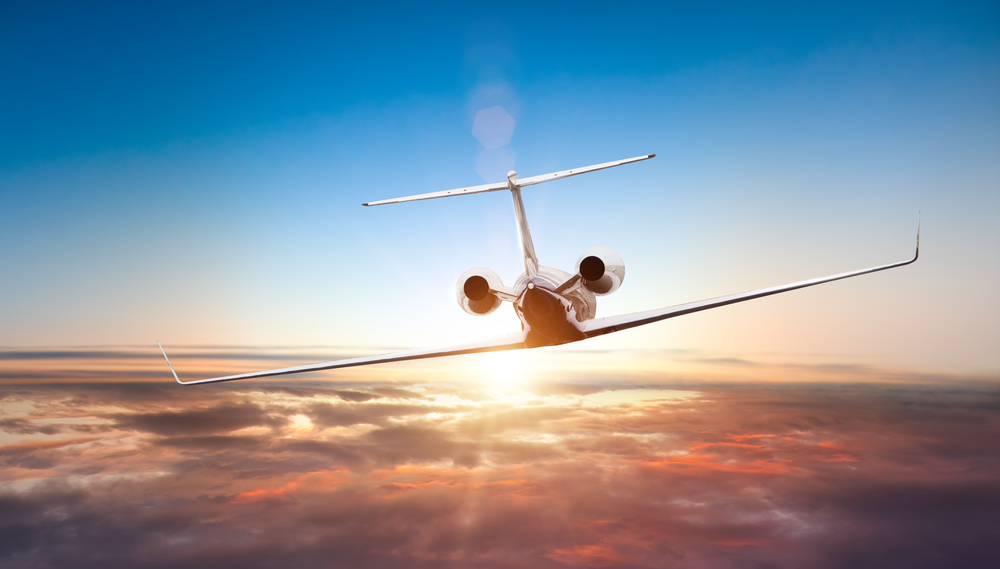
A bill that aims to strengthen American security at airports in Cuba and on commercial flights between the two countries was recently introduced to the Senate by U.S. Sen. Marco Rubio (R-FL).
The Cuban Airport Security Act would require the Transportation Security Administration (TSA) to conduct a full security audit at each of Cuba’s 10 international airports, including screening checkpoints, personnel training and vetting, and equipment.
The bill also requires TSA to establish an agreement with the Cuban government to allow TSA inspectors to conduct complete assessments of Cuban airports and develop a standard basis for all Federal Air Marshal agreements with foreign governments and partners.
Further, U.S. airlines would be required to publicly disclose agreements with Cuban government entities that expect air carriers to employ Cuban nationals recruited, hired or trained by government affiliates.
In order to ensure ongoing safety for U.S. passengers, the U.S. Ambassador or the Charge d’Affaires to the U.S. Mission to the International Civil Aviation Organization would also have to submit a report to Congress detailing its efforts to improve airport security.
“Even as regular passenger flights occur between the U.S. and Cuba, the Castro regime remains a top national security threat to the United States and is a close ally of countries like Iran, Russia, Venezuela and North Korea,” Rubio said. “The fact that the Cuban government controls the vetting and hiring of many of the airport employees in Cuba is a serious vulnerability.”
A companion bill, introduced by U.S. Rep. John Katko (R-NY), was advanced by the U.S. House of Representatives last week.




